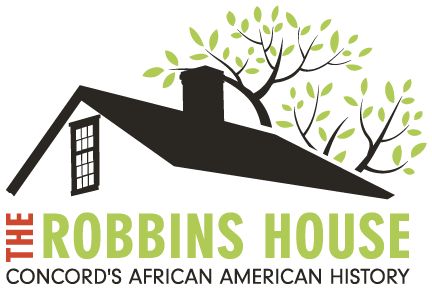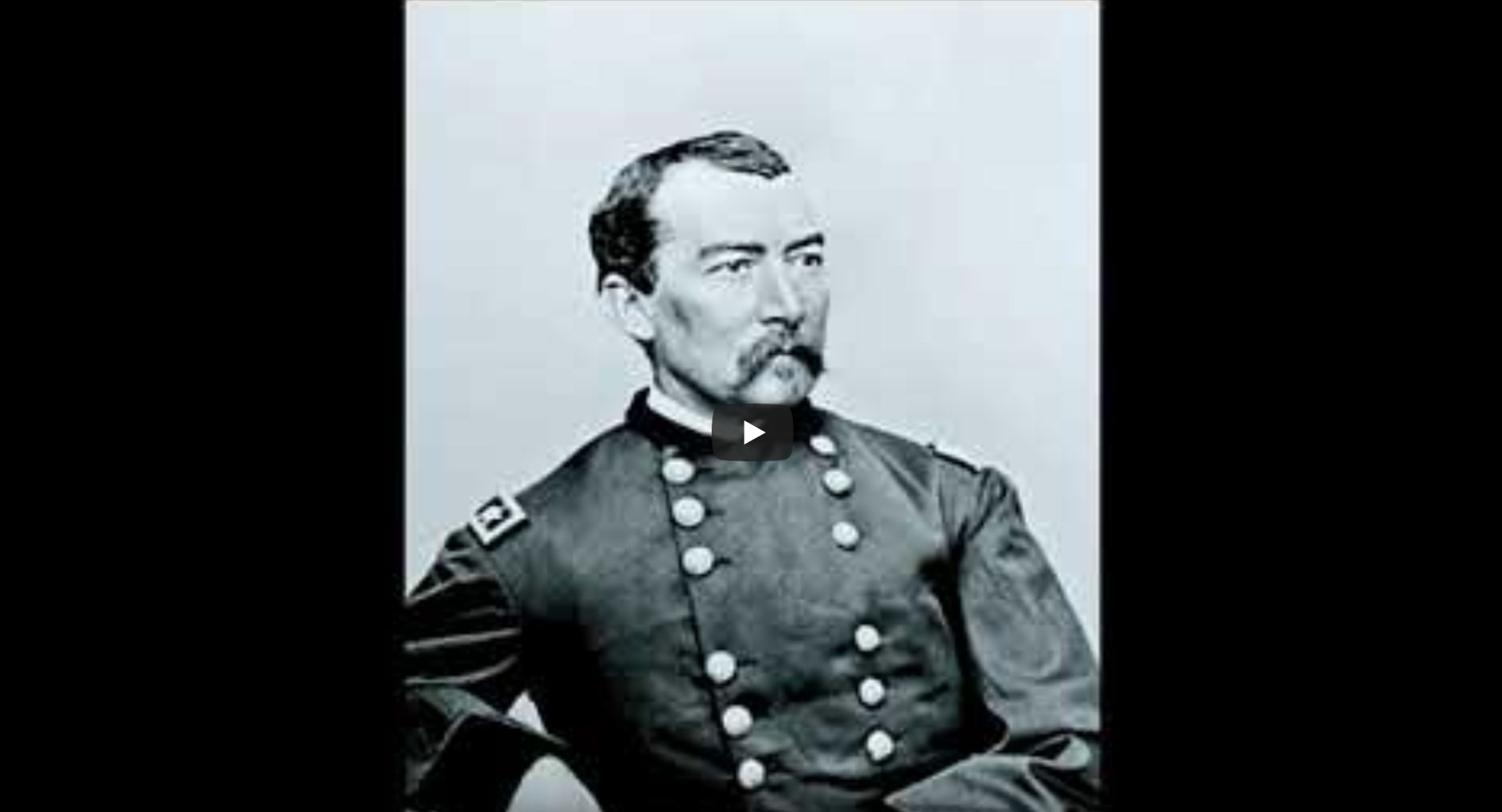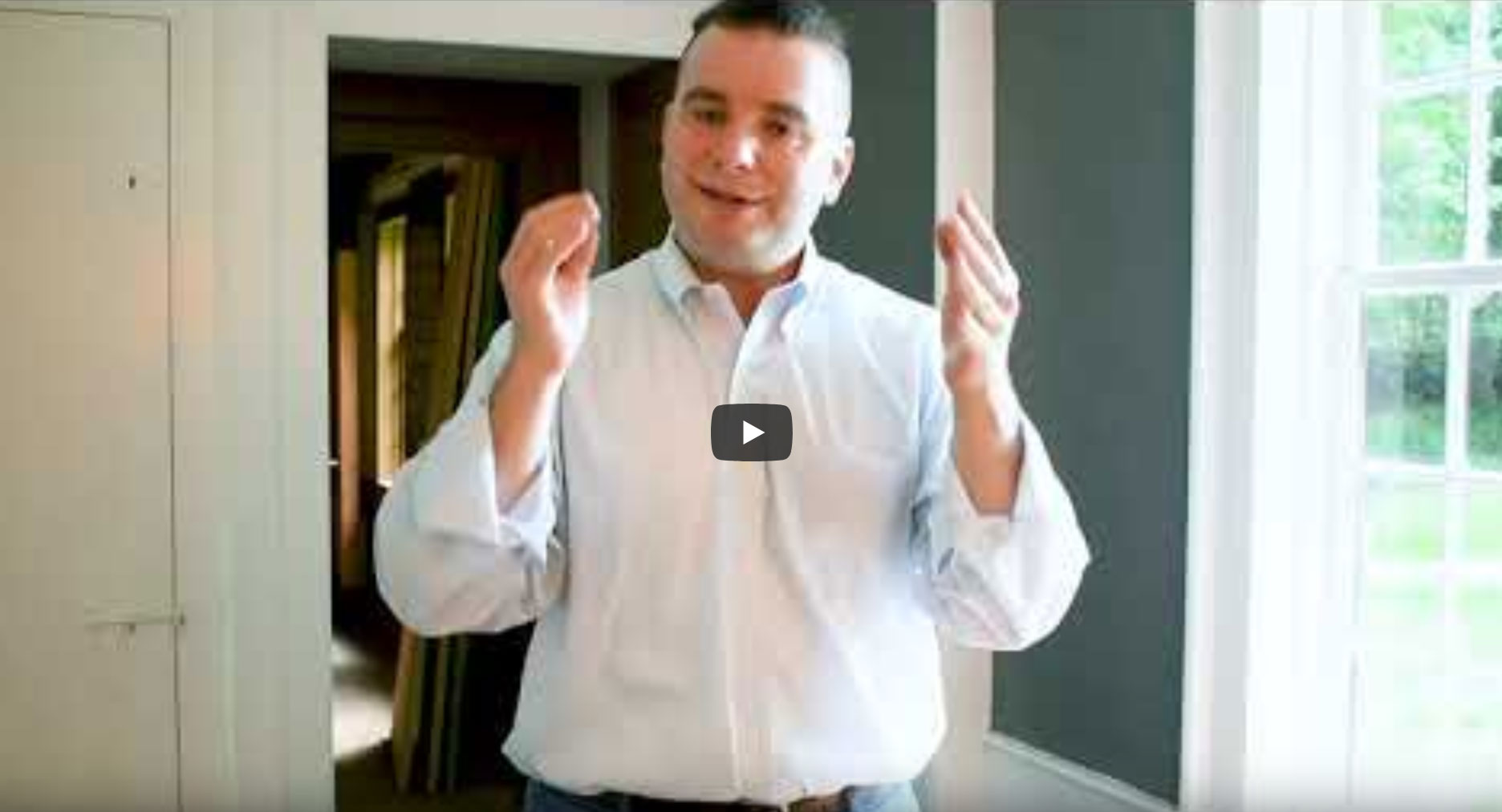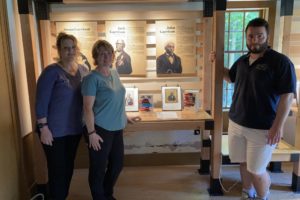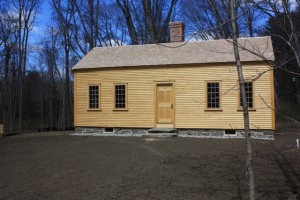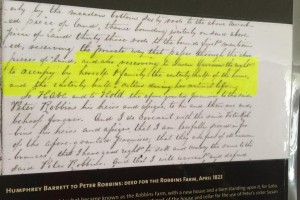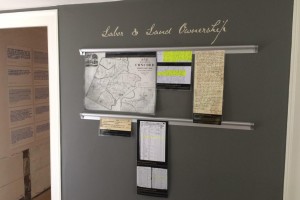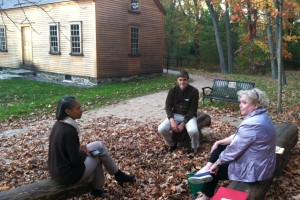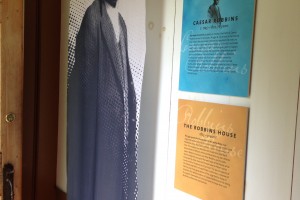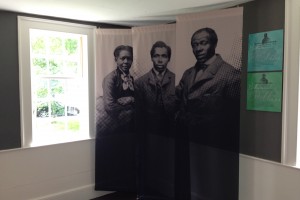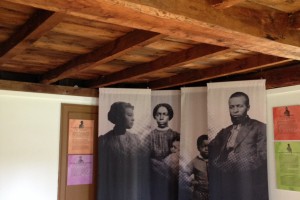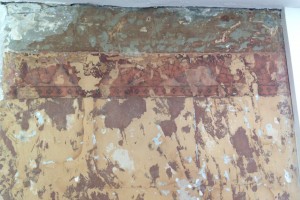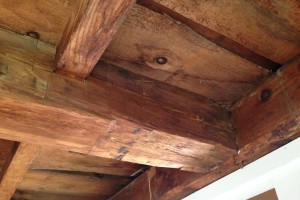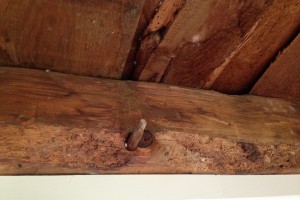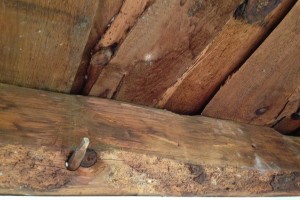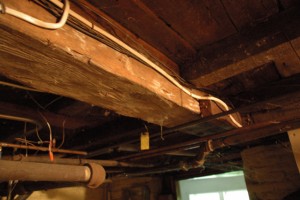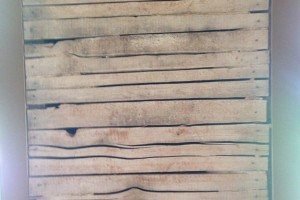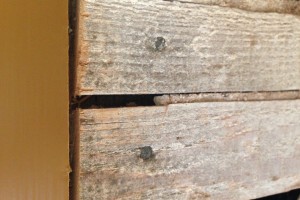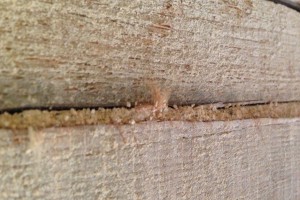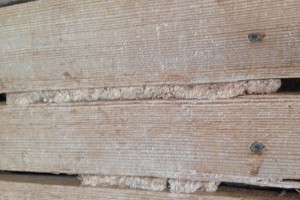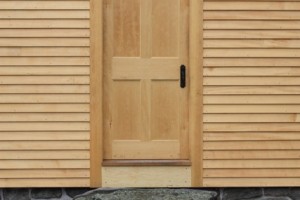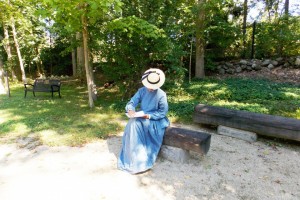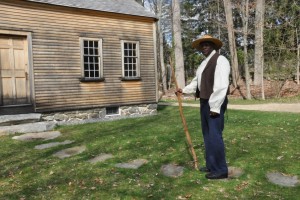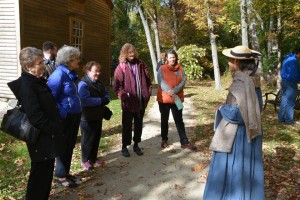2025 Hours:
Open seven days a week
10:00 AM – 4:00 PM
We are closed in the winter months but occasionally open for special events
Good To Know:
Visiting The Robbins House is free of charge, and no reservation is required. We charge a small fee for group tours.
The Robbins House is a not-for-profit organization and welcomes your donation.
Location:
320 Monument Street
Concord, MA 01742
Located opposite the Old Manse and North Bridge – View Map.
Parking is available on the National Park North Bridge parking lot.
Group Tours:
To inquire about a group tour, please contact us at info@robbinshouse.org. Please note that we require advanced reservations for groups of six or more.
About The Robbins House
This house is one of the only known historic sites commemorating the legacy of a previously enslaved Revolutionary War veteran.
Our site is a 544 sq. ft. historic early 19th century house originally inhabited by the first generation of descendants of a formerly enslaved African American Revolutionary War veteran, Caesar Robbins, and by a fugitive slave Jack Garrison.
This one-and-a-half story house, which has been dated to the early 1800s, was a two-family farmhouse occupied by one former slave, and by two grown children of another. It originally stood a short distance to the east, on a small farm overlooking the edge of the Great Meadows along the Concord River.
In 1823, Monument Street landowner Humphrey Barrett sold 13 acres and the newly-built house to Peter Robbins. Peter was the 30 year-old son of formerly enslaved Caesar Robbins, who had served both in the Revolution in 1776, and in the French and Indian War in 1760.
The west side of the house was originally occupied by Peter Robbins and his wife Fatima, while the property deed reserved the east side for Peter’s sister, Susan, and her husband Jack Garrison. Jack was another former slave, who had either escaped or gained his freedom in New Jersey.
Africans inhabited the house continuously from 1823 up to 1870. The last occupants of the house and farm included Peter Hutchinson and three generations of his large family. By 1870 all but two of the Hutchinson family members had died, and Peter and his teenage grandson, Willie Bisbee, moved away. The little farm was bought by John Shepard Keyes, who moved the house to Bedford Street in the winter of 1871.
Take a Virtual Tour
This project was made possible by the Institute of Museum and Library Services Grant # MH-00-17-0030
